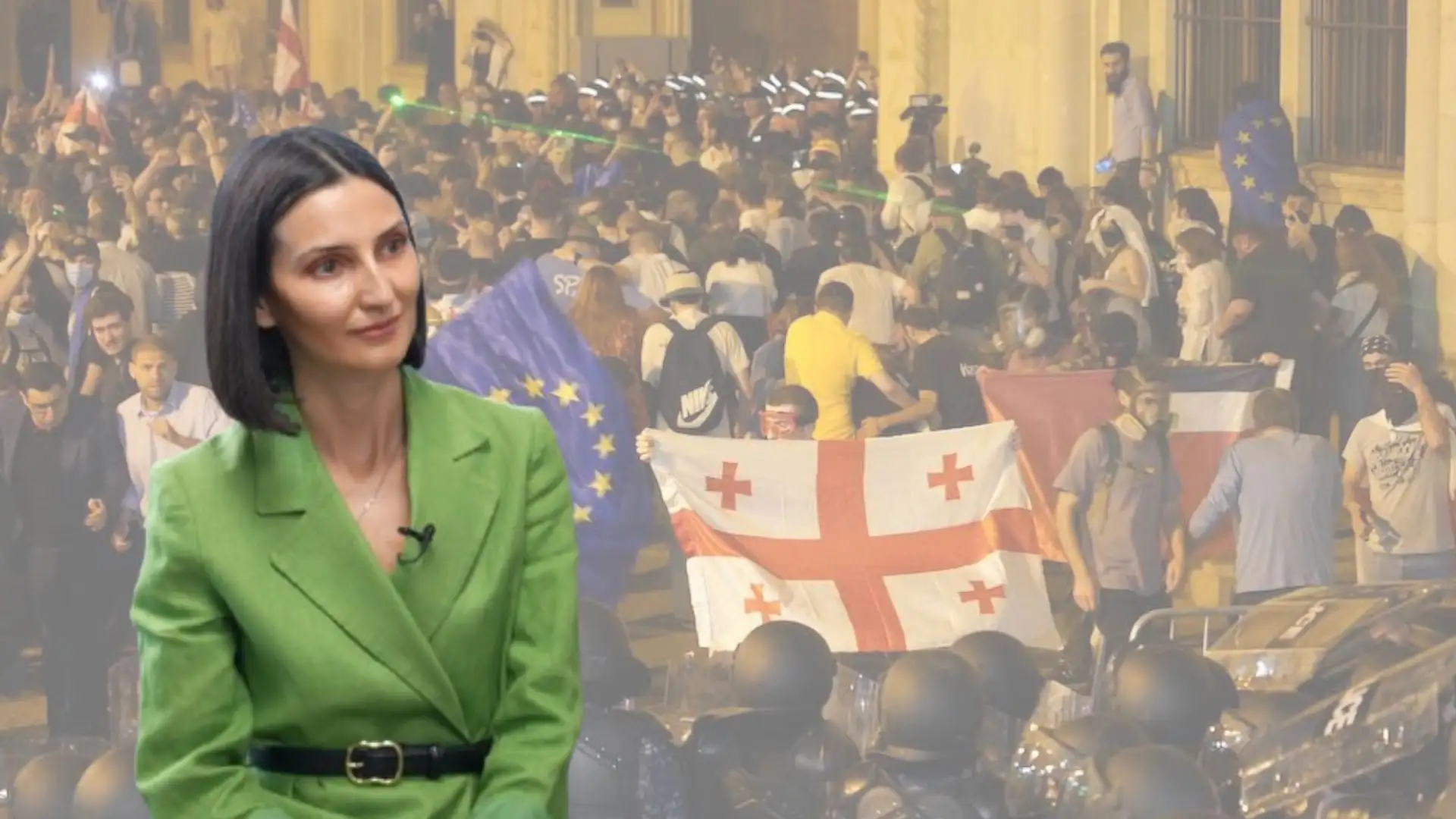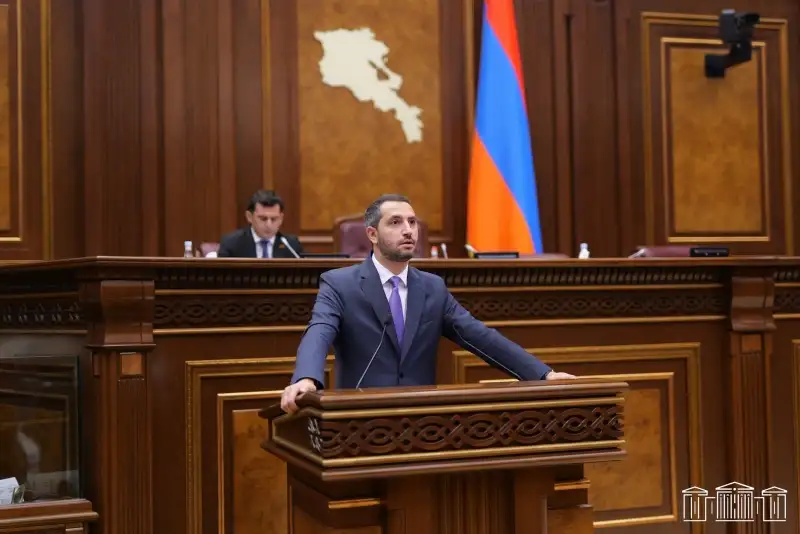In parallel with the local elections, there are protests in Tbilisi. The oppositionists have stormed the presidential residence, resulting in injuries. Against this background, Georgian Prime Minister Kobakhidze has accused the EU Ambassador to Georgia of supporting attempts to incite unrest.
Radar Armenia spoke to Georgian expert Hasmik Meliksetyan on the topic.
-What will the developments be like in Georgia?
-After the local elections on October 4 and in parallel with them, a large rally was held in Georgia, which was also accompanied by an attempt to storm the presidential residence, to which Georgian law enforcement officers responded with water cannons and tear gas. The demonstrations continue these days, with people returning to the streets in the evenings. It is difficult to say how the demonstrations will develop in the future, and what the overall development will be. But I must note that at least the opposition representatives and opposition leaders are either imprisoned at the moment, or those who are now trying to take something upon themselves and do organizational work do not have enough authority to be able to mobilize the rallies. So, I think the rallies will continue soon, but we will see how they will develop. I also want to note that the rallies are being held not just after the local government elections themselves, but are demonstrations lasting almost a year, which have been taking place since the previous parliamentary elections and the announcement by the Prime Minister of Georgia to suspend the EU accession negotiations process temporarily.
- Georgian Prime Minister Kobakhidze accused the EU Ambassador of encouraging the unrest in Tbilisi. How should we understand this statement, and what consequences could it have on Georgia-EU relations?
-Relations between Georgia and the EU have been very tense in the last year, even before the parliamentary elections, and these local government elections and the 2024 parliamentary elections were held against the backdrop of open confrontation and contradictions with the West. In parallel, the Georgian side adopted a much sharper and harsher rhetoric during the local government elections. Even before that, they made accusations against various ambassadors of EU member states, including the German ambassador and the United Kingdom ambassador. We also noticed that allegations were made against the EU ambassador to Georgia. The EU ambassador recently participated in a meeting with ambassadors organized at the Georgian Foreign Ministry, after which he did not respond or make a statement. The EU responded to the statement, noting that all these statements about the ambassador are unacceptable and must be stopped. In general, the ambassadors of European countries represent the official position of their countries.
-Isn’t the arrest of the opposition a harsh response from the authorities?
-If we consider the arrest of opposition figures in general, they were arrested for not appearing at the sessions of the parliamentary investigative committee. And suppose we are talking about the arrests after the October 4 rally. In that case, there is also a legal issue here, since there were calls to storm a strategically important facility, the first of which was to storm the presidential residence. These charges were brought under several articles of the Criminal Code.
Lilit Abrahamyan


















